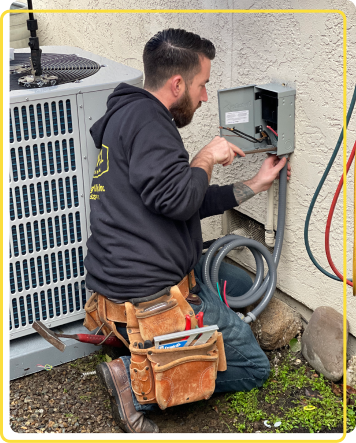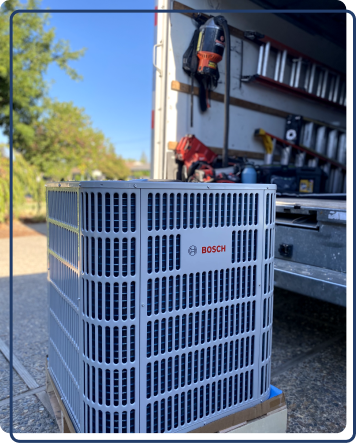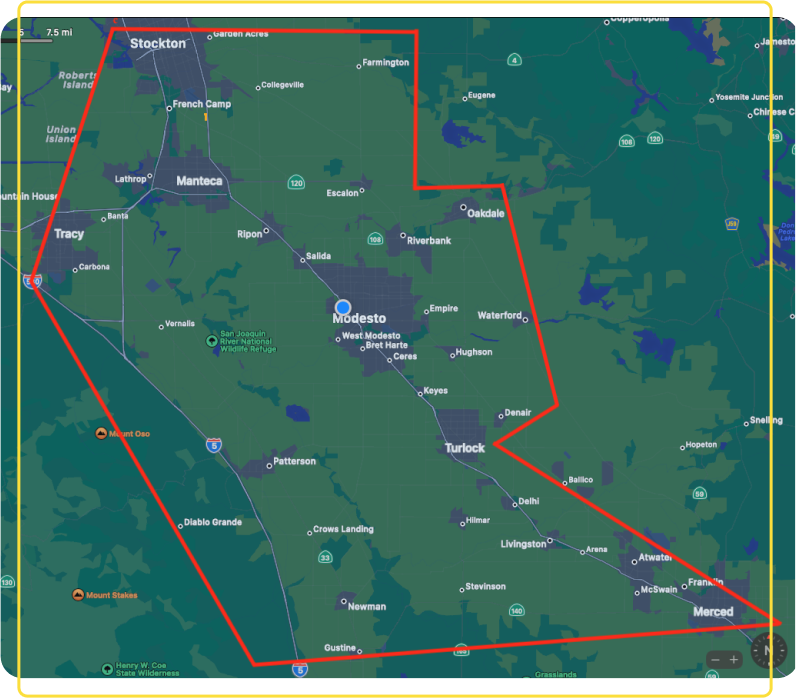As a leading AC company in Modesto, CA, Cencal Mechanical Heating & Air, Inc. brings you unbeatable service, fair pricing, and some of the best AC products. Whether you need AC repairs, installation, or maintenance, we’re the AC contractor you can trust. We keep our cool so that you keep yours.
No matter the problem, our experienced technicians will have your system working perfectly again before you know it. No other team offers the same high level of service as ours and we’d love to have the chance to prove that to you. Time and time again, we come out on top. Please speak to us today to arrange a convenient appointment.



